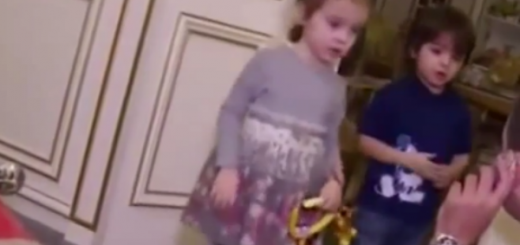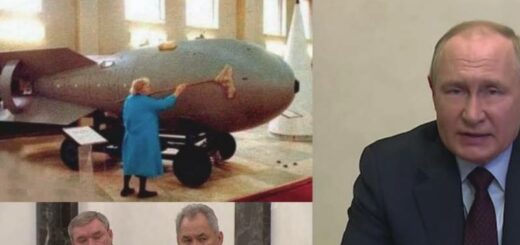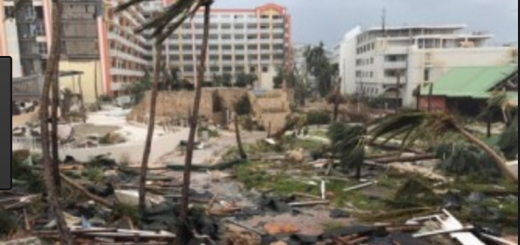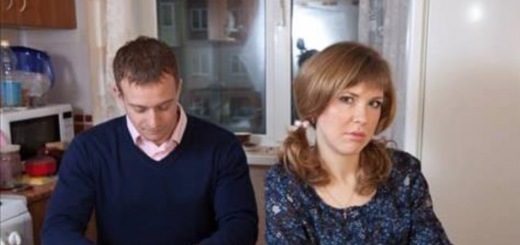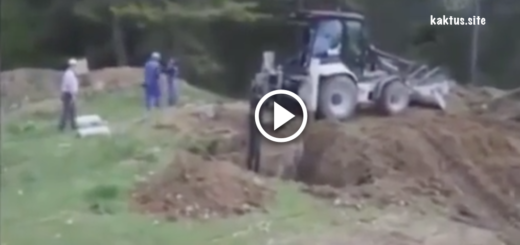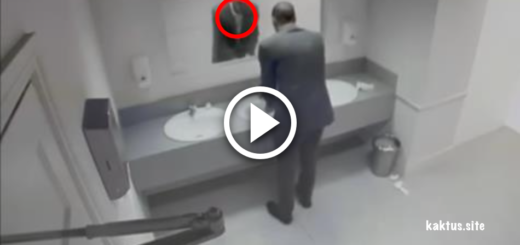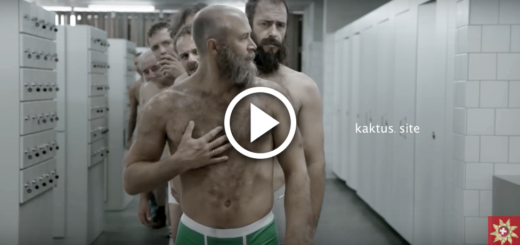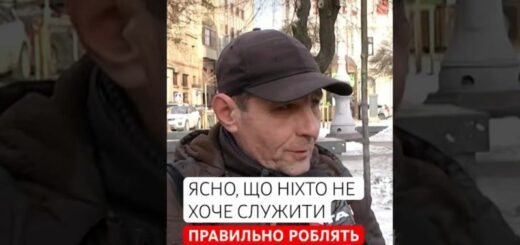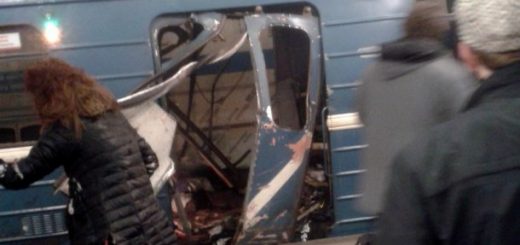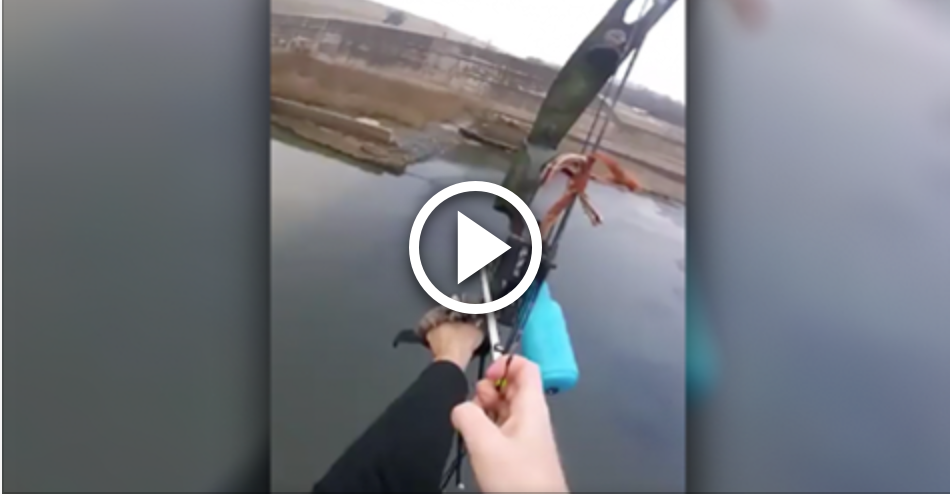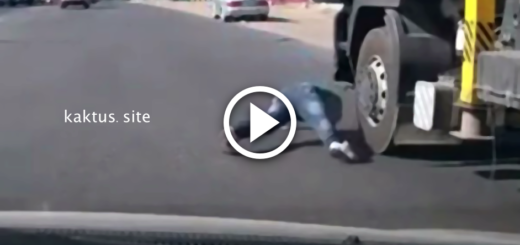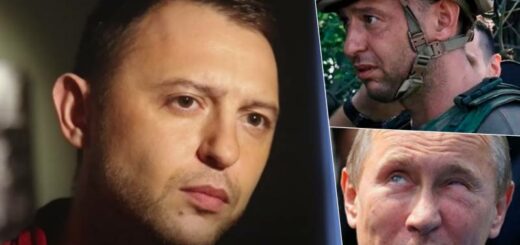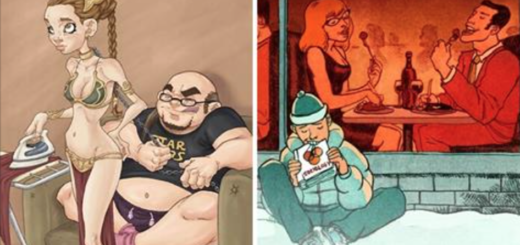He rose as I entered, coming around the desk to greet me. He was tall and impeccably dressed in a navy suit, with the kind of confidence that comes from never having to prove yourself to anyone.
«Miss Thompson,» he said, extending his hand. His accent was subtle and cultured. «I am Alexandre. Thank you for coming.»
I shook his hand, acutely aware of how out of place I must look. «Your Highness, I—I have so many questions.»
He smiled warmly. «Please, call me Alexandre, and I have many answers. Your grandfather was not only a dear friend but one of the most strategic investors I’ve ever known.» He gestured for me to sit in one of the leather chairs facing his desk.
«Miss Thompson, your grandfather began planning your financial future when you were still a child,» he began. «He established the Thompson International Trust when you were sixteen, with very specific instructions about your education, both formal and practical.»
«Practical education?»
«All those conversations about business, about reading people, about thinking strategically. He wasn’t just sharing stories with you, April. He was training you.»
Alexandre opened a thick folder on his desk. «Your trust currently holds controlling interests in several major properties. The Monte Carlo Bay Resort and Casino, which generates approximately 40 million euros annually. The Belmont Grand Casino and Resort in Las Vegas, producing roughly 145 million dollars per year. Commercial real estate in London, Tokyo, and Sydney.»
I stared at him, my mouth slightly open.
«Your grandfather also made sure all tax obligations were properly managed through the trust structure. You’ve been receiving a modest stipend of $60,000 annually—enough to live comfortably as a teacher but not enough to attract attention.»
«The money in my savings account?»
«Distributed from your trust, though you weren’t aware of the source. Your grandfather wanted you to learn the value of work and ordinary life before you understood your true financial position.»
Everything was clicking into place. Why I’d always been able to afford my apartment despite a teacher’s salary. Why I never stressed about money the way my colleagues did. Why Grandpa had always seemed so confident about my future.
«Alexandre,» I said slowly, «how much am I actually worth?»
He consulted another document. «As of this morning, the trust’s net value is approximately 1.2 billion dollars.»
I gripped the arms of my chair to keep from falling over. «You’re a billionaire, April. You always have been.»
I spent the rest of the afternoon in Alexandre’s office, reviewing documents that proved everything he’d told me. Trust agreements, property deeds, financial statements, and tax filings—all managed by teams of professionals I’d never heard of, all working on behalf of a trust I’d never known existed.
«Your grandfather was very specific about the timing,» Alexandre explained as I flipped through page after page of legal documents. «He wanted you to experience normal life, to understand work and responsibility, before you learned about your inheritance.»
«But why hide it? Why not just tell me?»
Alexandre smiled sadly. «Because he knew your family. He knew that if they understood your true inheritance, they would treat you differently. They would either resent you, or they would try to control you. Or they would see you only as a source of money rather than as a person.»
I thought about the will reading, about their laughter, about Mom’s cruel comment. They’d shown their true colors perfectly.
«Your grandfather wanted you to see how they really felt about you before you gained the power to change the dynamic,» Alexandre continued. «He said you needed to understand who truly cared about you, versus who would care about your money. And now?»
«Now, you decide how to use what you’ve always owned.»
That evening, Alexandre arranged for me to tour the Monte Carlo Bay Resort. As the general manager, Claude Dubois, showed me through my property, I kept having to remind myself that I wasn’t a tourist. I was the owner. The resort was magnificent: three hundred luxury suites, five restaurants, a casino floor that buzzed with activity, and a spa that looked like something from a movie. Everything was pristine, profitable, and completely surreal.
«The property has maintained 94% occupancy for the past three years,» Claude explained as we stood on the presidential suite’s terrace. «Your grandfather, or rather, your trust, has been an excellent owner. Very hands-off, but always supportive of quality improvements.»
«My grandfather managed this remotely, through video conferences with your advisory team. He was remarkably knowledgeable about hospitality operations for someone who’d never worked in the industry.»
But he had worked in the industry, I realized. Through me. All those conversations about customer service, about what makes people feel welcome, about balancing luxury with comfort—he’d been learning from my perspective as someone who understood what ordinary people wanted from extraordinary experiences.
Back in my five-star hotel that night, I called my family. The group text was still buzzing with excitement about their inheritances. Marcus had made an offer on a condo in Miami. Jennifer was planning to quit her job and become a «lifestyle influencer.» I almost laughed. They were excited about millions while I owned billions.
But what struck me wasn’t the money; it was understanding that Grandpa had protected me. While they’d received immediate gratification, he’d given me something far more valuable: the chance to discover my own strength before I needed to use it.
My phone buzzed with a text from Dad: How’s the vacation going? Hope you’re not spending too much money.
I looked around my presidential suite, at the harbor view that stretched to the horizon, at the bottle of champagne that cost more than his monthly car payment.
It’s educational, I texted back.
The next morning, Alexandre arranged for the company jet to take me to Las Vegas. As I settled into the leather seats of an airplane I apparently owned, I thought about what I wanted to do with this knowledge. I could go home and reveal everything immediately, shock them with the truth, and make them feel foolish for underestimating me. Or I could be strategic. I could use what Grandpa had taught me about thinking several moves ahead.
As the jet climbed into the sky above Monaco, I made my decision. It was time to play chess.
The Belmont Grand Casino and Resort in Las Vegas was even more impressive than Monaco. Forty-seven floors of gleaming gold and glass, rising from the Strip like a monument to success. My monument? Apparently. Sarah Chen, the Vegas property manager, met me at the airport with the kind of limousine that would have made my family’s jaws drop. She was sharp, professional, and completely unaware that she was talking to her actual boss.
«Miss Thompson,» she said as we settled into the limo’s leather seats, «your trust’s representative said you wanted a comprehensive tour of the property. I’m excited to show you what we’ve built here.»
«How long have you been managing the property?»
«Seven years now. It’s been incredible watching it grow. Your trust has been the ideal owner—supportive of innovation, but smart about risk management.»
As we toured the resort, Sarah showed me financial reports that made my head spin. The casino floor generated about 60% of revenue. The hotel, restaurants, and entertainment venues contributed the rest. Everything was meticulously managed, profitable, and growing.
«Your trust has been talking about expansion,» Sarah mentioned as we sat in the penthouse suite that I apparently owned. «There’s interest in acquiring similar properties in Dubai and Singapore.»
«Really?» I tried to sound casual. «What kind of timeline?»
«Nothing concrete yet, but the preliminary research is promising. Your financial team seems confident about international expansion.»
My financial team. I had a financial team.
That afternoon, I spent three hours on video calls with advisors I’d never met but who’d been managing my money for years. My CPA, who’d been filing my tax returns and maintaining the legal fiction that I was just a teacher receiving modest trust distributions. My investment manager, who’d grown my portfolio from hundreds of millions to over a billion. My legal team, who’d structured everything to withstand scrutiny and protect my privacy.
«Ms. Thompson,» my lead advisor explained, «your grandfather left very specific instructions about how to handle your financial awakening. He anticipated you might want to make some significant moves once you understood your position.»
«What kind of moves?»
«He thought you might be interested in strategic acquisitions, particularly in markets where you have personal knowledge or family connections.»
Family connections. An idea began forming in my mind.
That evening, I had dinner with Sarah at the resort’s signature restaurant. As we ate food that cost more per bite than I used to spend on entire meals, I asked casual questions about business acquisitions. «Hypothetically,» I said, «if someone wanted to acquire a small shipping company worth around $30 million, how would that work?»
Sarah raised an eyebrow. «$30 million is pocket change for a trust your size. We could structure that through existing corporate entities and complete the acquisition within thirty days. Is this hypothetical shipping company interesting for some reason?»
I thought about Dad’s company, about how he’d struggled with debt and expansion costs, about how a cash infusion could solve all his problems while giving me control of the business I’d grown up hearing about. «It might be,» I said carefully.
When I called Alexandre later that night, he listened thoughtfully as I outlined my idea.
«You want to acquire your father’s company?»
«I want to save it. Dad’s been struggling with cash flow issues since the expansion. He’s too proud to ask for help, but if the right buyer came along with the right offer…»
«And you think you’re the right buyer?»
«I think I’m the only buyer who actually cares whether the employees keep their jobs and whether the company maintains the culture Dad built.»
Alexandre was quiet for a moment. «April, this would be your first major business decision as a billionaire. Are you certain you want it to involve your family?»
«My family doesn’t know it involves me. To them, it would just be a generous offer from foreign investors.»
«And you’re comfortable with that deception?»
I thought about their laughter at the will reading, about their assumptions about my worth, about their casual dismissal of my intelligence and capabilities. «For now,» I said, «yes.»
The next morning, I flew back to Portland with a plan. I’d give my family one more chance to see me as I really was. If they continued to underestimate me, well, I’d show them exactly what underestimation cost.
Back in Portland, I sat in my small apartment reviewing financial reports from properties around the world, while my family remained completely oblivious to who I’d become. The contrast was almost surreal. I’d spent the morning on a video call with my Dubai acquisition team discussing a resort purchase that would cost more than my entire family’s combined inheritance. Now, I was getting ready for dinner at my parents’ house, where they’d probably ask if I’d spent too much money on my «vacation.»
The family dinner was tonight, and Mom had specifically requested that I bring my laptop to help with «basic administrative work» related to everyone’s inheritances. She’d said I was «good with computers» and could help organize their financial planning. If she only knew what kind of financial planning I’d been doing lately.
I’d spent the afternoon having my lawyers prepare a preliminary acquisition offer for Thompson Maritime. The research was troubling. Dad’s company was more vulnerable than I’d realized. He’d taken on significant debt for the fleet expansion, and while the business was profitable, it was cash-poor and overleveraged. A determined buyer could force a sale pretty easily.
My phone rang. It was Sarah from Vegas. «April, the Thompson Maritime analysis is complete. The company is exactly what you described: profitable but financially stressed. Our offer could solve their cash flow problems immediately while giving you a solid regional shipping operation.»
«What kind of timeline are we looking at?»
«We could present an offer next week. Anonymous, of course, through one of our existing shell companies. A clean transaction, generous terms, and no obvious connection to you.»
«And if they refuse?»
«Honestly, they can’t afford to refuse. The company needs a capital injection within the next six months, or they’ll be forced to sell assets or take on even more debt.»
After I hung up, I sat staring out my apartment window toward my parents’ neighborhood. Part of me felt guilty about what I was planning. But a larger part of me remembered every family gathering where I’d been overlooked, every assumption that I wasn’t smart enough for business discussions, and every time they treated me like the family charity case.
When I arrived at my parents’ house that evening, the whole family was already there. Marcus was scrolling through luxury car websites on his tablet. Jennifer was showing Mom photos of Martha’s Vineyard renovation ideas. Dad was reading financial news, probably researching investment strategies for his $30 million windfall.
«April,» Jennifer called when she saw me. «There’s our little world traveler. How was Monaco? Did you take lots of pictures?»
«It was educational,» I said, settling into my usual spot at the dining room table.
«I still can’t believe you actually went,» Marcus said without looking up from his tablet. «That place is for people with serious money. Must have been awkward being around all those millionaires.»
«You adapt,» I replied mildly.
Dad raised his wine glass. «Well, let’s toast to Robert’s legacy. He certainly provided well for the family.»
Everyone raised their glasses except me. I just sat there, hands folded, watching them celebrate inheritances that were a fraction of what I controlled.
«April?» Mom prompted. «Your glass?»
«I’m fine, thanks. Someone should stay clear-headed for the administrative work.»
«Good thinking,» Dad approved. «Always practical, our April.»
As they discussed their plans—Marcus buying cars, Jennifer quitting her job, Mom renovating the Napa estate—I found myself studying them with new eyes. These weren’t evil people. They were just people who’d never seen me clearly, who’d made assumptions based on limited information. The question was, what would they do when the information changed?
«The shipping company is doing well,» Dad reported during dessert. «Robert’s investment in new vessels really positioned us for growth. We’re looking at expanding routes, maybe acquiring smaller competitors.»
«How’s the cash flow situation?» I asked casually.
Dad looked surprised that I’d asked a business question. «Well, it’s… it’s manageable. We’ve got some debt from the expansion, but the revenue projections look good.»
«What about working capital? Reserve funds for unexpected expenses?»
Now everyone was staring at me. «April,» Mom said with a laugh, «you don’t need to worry about business details. That’s your father’s expertise.»
«I’m just curious. Grandpa always said cash flow was the most important metric for any business.»
«We’re fine,» Dad said, though I noticed his jaw tightened slightly. «The company is stable.»





